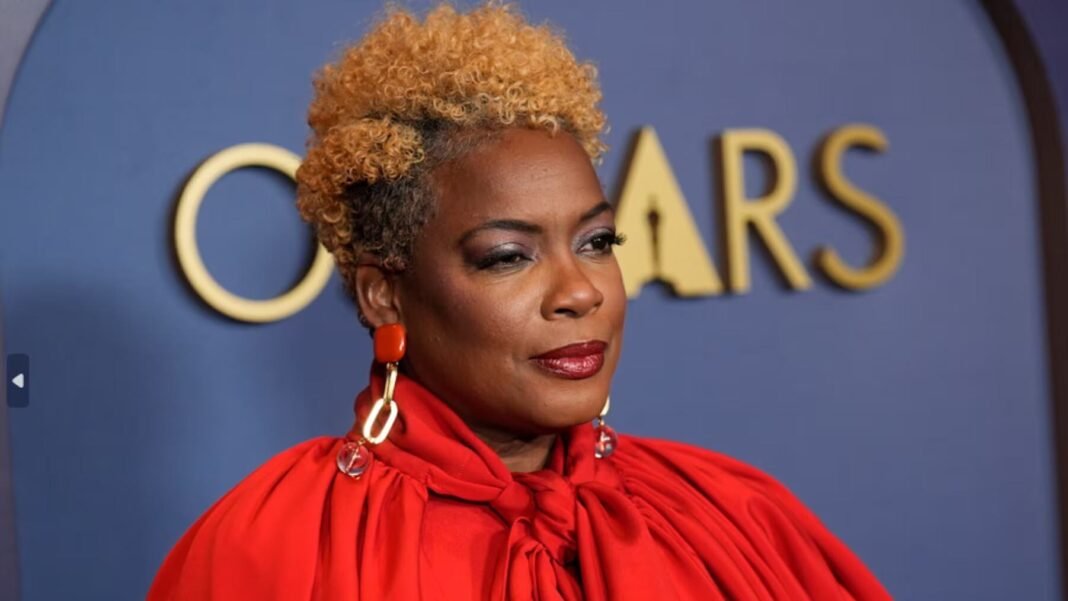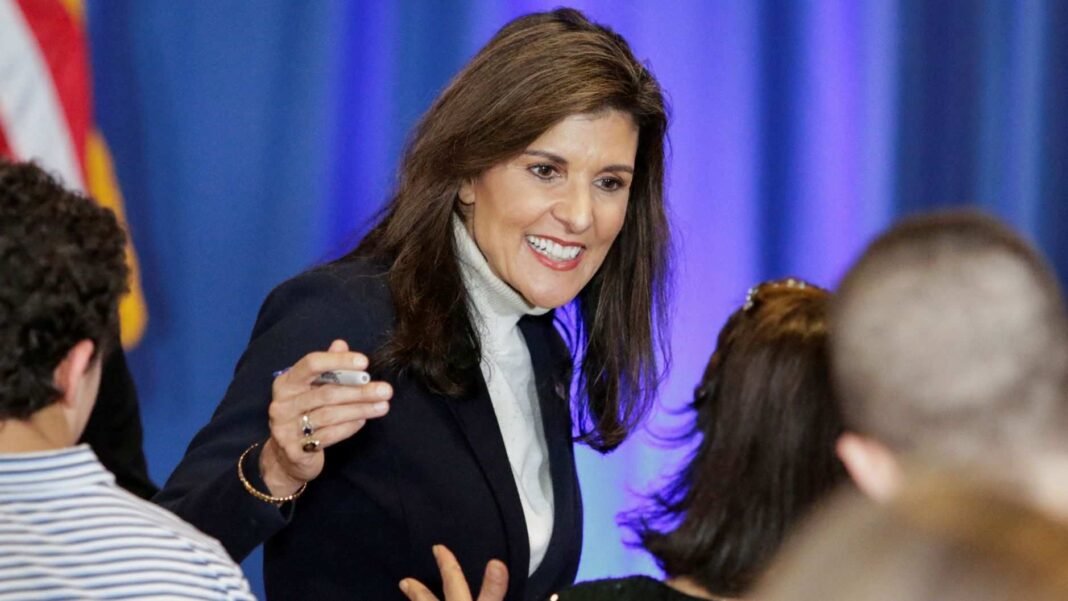Two years ago, Aunjanue Ellis-Taylor received a well-deserved Oscar nomination for her role as Venus and Serena Williams’s mother in the biopic “King Richard,” starring alongside Will Smith. While her portrayal garnered mainstream recognition after decades in the industry, Ellis-Taylor reveals the bitter reality behind the scenes.
“When I did King Richard, I was not paid well,” Ellis-Taylor bluntly states during a Zoom interview. “I was not paid respectfully.” Despite the injustice, she didn’t remain silent. “I spoke up about it, directly, to Will Smith. And as a result, he not only doubled my pay, but doubled the pay of everybody in the cast. And he took money out of his own pocket to do that. He didn’t go the studio route. It just shows that when black women do well, everybody does well.”
The 54-year-old actor, born in San Francisco and raised in Mississippi, reflects on her three-decade-long career, emphasizing the consistent use of her voice. Ellis-Taylor, joining the conversation from LA, emanates a sense of familiarity, her name evoking recognition even if not immediately familiar. Last year, she appended “Taylor” to her surname in honor of her late mother, an act she describes as a way to keep her close. “Everything else I tried felt insufficient.”
From her early roles as Cuba Gooding Jr.’s wife in “Men of Honor” (2000) to her Emmy-nominated performances in Netflix’s “When They See Us” (2019) and the acclaimed “Lovecraft Country” (2021), Ellis-Taylor brings a unique warmth and steadfastness to each character she portrays.
In Ava DuVernay’s latest biographical drama, “Origin,” Ellis-Taylor assumes the lead role as Pulitzer Prize-winning journalist Isabel Wilkerson. The film delves into Wilkerson’s writing journey for her 2020 book, “Caste,” which argues that American racism stems from a deep-seated caste system akin to those in India and Nazi Germany. While “Origin” tackles weighty subjects, Ellis-Taylor finds herself grappling with the challenge of promoting the film.
“I was constantly hearing that nobody knew about the film, and it was very frustrating to me,” she explains. “When you’re in Los Angeles, billboards are all over the place announcing these films with extraordinary budgets. We didn’t have that. And I said, ‘OK, what can I personally do about that?’ I don’t have a lot of money myself, but I can stand outside a movie theater and tell people to go watch it.” Ellis-Taylor’s dedication to spreading the word about “Origin” even led her to distribute promotional flyers outside a Los Angeles cinema while her Hollywood peers attended the Golden Globes.
DuVernay expressed her gratitude towards Ellis-Taylor’s grassroots efforts, sharing a heartfelt message on Instagram. “I wish she felt the recognition and praise that swirls around her peers in big studio films,” DuVernay wrote. “I wish the world for her. All the flowers. All the gold statues.”
However, accolades aren’t Ellis-Taylor’s primary focus. While nominations and wins may bring financial rewards, she recognizes the broader significance of “Origin.” “I might never witness the changes in this country,” she reflects. “My grandparents passed away not having seen the results of the work they’ve done. It’s generational work, and it’s very, very frustrating. But if I choose not to do anything, then my niece will still live with what I’m living with now, and that’s unbearable for me. The value of this film is bigger than me.”
Despite narrowly missing out on an Oscar for “King Richard,” Ellis-Taylor’s impact on her colleagues hasn’t gone unnoticed. Smith, who won Best Actor for his role, publicly acknowledged her contributions. “Making this film, I got to protect Aunjanue Ellis, who is one of the most [strong] and most delicate people I ever met,” he tearfully expressed during his acceptance speech.
Ellis-Taylor’s advocacy extends beyond her acting roles. In 2022, she openly shared her bisexuality, prompting messages of gratitude from closeted individuals. “These men are not open about who they are. They have not welcomed us in, in terms of their sexuality, and that’s their right,” she acknowledges. “But I felt that I did something important; these folks felt like they were less alone because I said something.”
Furthermore, she isn’t afraid to critique the industry’s handling of LGBTQ narratives, as evidenced by her recent role in “The Color Purple.” Ellis-Taylor emphasizes the importance of accurately representing black lesbians on screen, urging for unapologetic visibility in film and television.
Aunjanue Ellis-Taylor embodies resilience and advocacy, leaving an indelible mark on both the screen and society at large.




